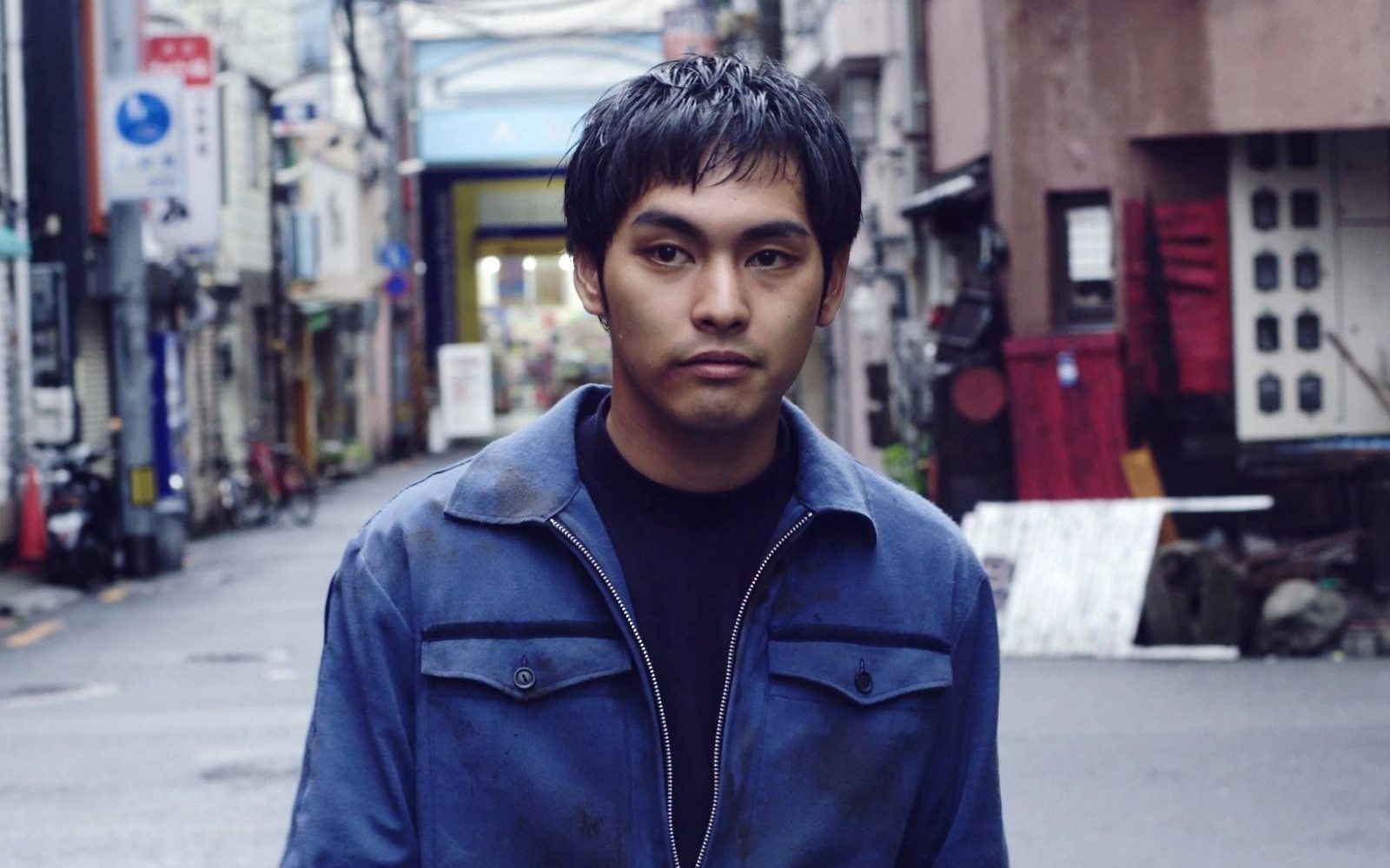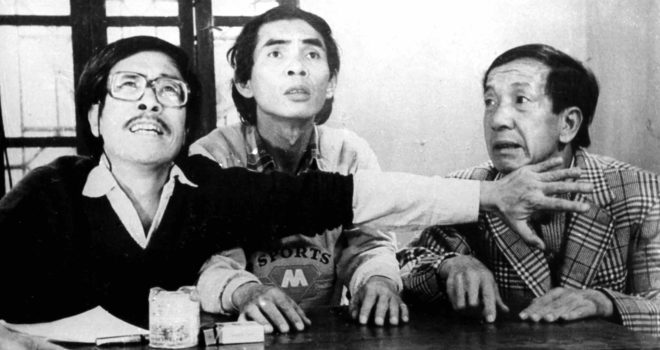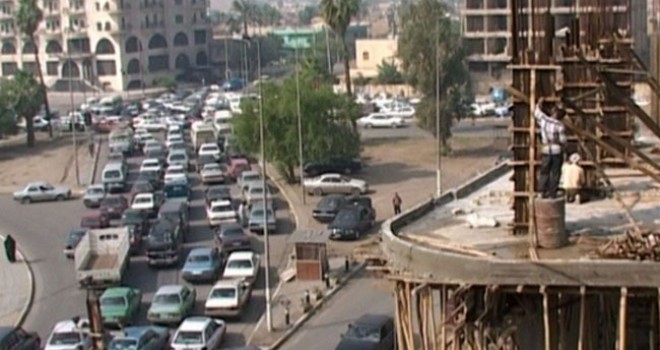Taira is looking for a fight and finds it. First, he beats up students from another neighbourhood and then, for no reason, everyone he meets. Orphaned, he lives with his brother Shota in the small industrial port of Mitsuhama near Matsuyama (Shikoku Island). But what lies behind this upsurge of violence? An anthropological determinism linked to insularity? Boredom and the feeling of abandon? A need to test his vulnerability? A cry for self-recognition? The sheer gratuity of the act in a society where consumption and its price tag lay down the law? Whenever it erupts unannounced, violence remains a mystery and affects us profoundly. It also fascinates, extends its grip to others, as in the case of Yuya and Nana, alternately victim and agent of these outbursts. Starting with an incident recounted to the filmmaker by the protagonist of the events, Tetsyua Mariko finds and portrays once again – after Yellow Kid and Ninifuni – characters on the brink of adulthood. In Destruction Babies, their violence is revealed in all its complexity, driven by confused emotions intermingling fear, excess and adrenaline. For film-goers (and perhaps also fervent video-gamers), this violence recalls the usual pleasure felt when it plays out on screen. But don’t expect Mariko to enlighten our bewilderment by extending to us the seemly hand of a moral. JB
Montgolfière d’Argent 2016
French release: July 27, 2022





